The Nordic nation signed the Accords on Jan. 21.
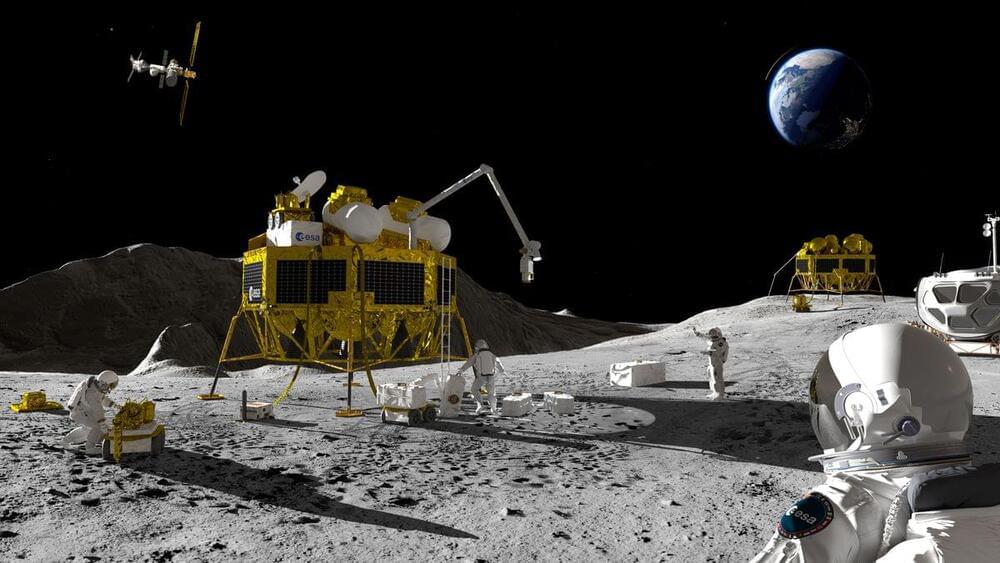


F Y I [ https://exploredeepspace.com/](https://exploredeepspace.com/)
America is leading the bold new initiative to take mankind to Mars and beyond. Click to learn about the history behind and importance of space exploration.

We can judge the value of any scientific endeavour based on how much of our knowledge it overturns or transforms. By that metric, the ESA’s Gaia mission is a resounding success.
The spacecraft gave us a precise, 3D map of our Milky Way galaxy and has forced us to abandon old ideas and replace them with compelling new ones.
Currently, we’re marking the end of the Gaia mission, our best effort to understand the Milky Way. Gaia is an astrometry mission that’s built an impressive map of the Milky Way by taking three trillion observations of two billion individual objects in the galaxy, most of them stars, over an 11-year period.
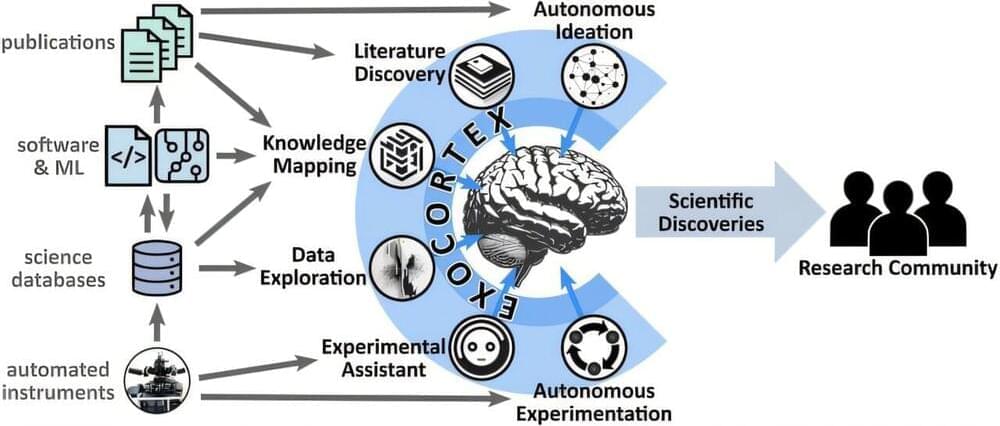
Artificial intelligence (AI) once seemed like a fantastical construct of science fiction, enabling characters to deploy spacecraft to neighboring galaxies with a casual command. Humanoid AIs even served as companions to otherwise lonely characters. Now, in the very real 21st century, AI is becoming part of everyday life, with tools like chatbots available and useful for everyday tasks like answering questions, improving writing, and solving mathematical equations.
AI does, however, have the potential to revolutionize scientific research —in ways that can feel like science fiction but are within reach.
At the U.S. Department of Energy’s (DOE) Brookhaven National Laboratory, scientists are already using AI to automate experiments and discover new materials. They’re even designing an AI scientific companion that communicates in ordinary language and helps conduct experiments. Kevin Yager, the Electronic Nanomaterials Group leader at the Center for Functional Nanomaterials (CFN), has articulated an overarching vision for the role of AI in scientific research.
SpaceX is preparing to launch the seventh Starship flight test. The window for the launch opens at 4 p.m. local time on Monday. The company has confirmed on its website, and X, that it is targeting a potential catch of the Super Heavy booster, if flight parameters allow for it. SpaceX will also try to re-ignite a single Raptor engine in space to demonstrate deorbit capabilities. This flight is the first one, that will feature the new upgraded Starship upper stage!
Window Opens: January 15th at 4PM CST (22:00 UTC)
Window Closes: January 15th at 5PM CST (23:00 UTC)
Mission: Starship’s seventh fully integrated test flight.
Launch location: Orbital Launch Pad A, Starbase, Earth.
Target orbit: Trans-atmospheric.
Booster: Booster 14
Booster recovery: Orbital Launch Pad A launch tower arms.
Ship: Ship 33
Ship recovery: Will attempt soft splashdown on the Indian Ocean.
Rocket trajectory: Straight east over the Gulf of Mexico.
Payload: 10 Starlink simulators.
Stats:
· SpaceX’s 7th launch of the year and the 7th launch of the month.
· Starship’s 7th launch.
· 3rd Super Heavy recovery attempt, hopefully the 2nd successful one.
⚡ Become a member of NASASpaceflight’s channel for exclusive discord access, fast turnaround clips, and other exclusive benefits. Your support helps us continue our 24/7 coverage. ⚡
🔍 If you are interested in using footage captured by this stream, please review our content use policy: https://www.nasaspaceflight.com/conte…
LDAPAABJRG2UMCU3.
Starbase #Starship #SpaceX
Join us for LIVE coverage from Starbase, Texas of SpaceX’s 7th Flight Test of Starship including the SECOND CATCH ATTEMPT.
Pad : OLP-1 location : starbase, texas, USA rocket : starship. booster : TBD ship : TBD
– — – — – — – — – — – — – — – -
OUR MISSION: Our mission is to inform and inspire the explorers of tomorrow; because space is better together.
– — – — – — – — – — – — – — – -
SUPPORT OUR WORK: Consider becoming a TLP Member and go behind the scenes at TLP!
https://www.patreon.com/thelaunchpad.
https://www.youtube.com/thelaunchpad.
– — – — – — – — – — – — – — – -
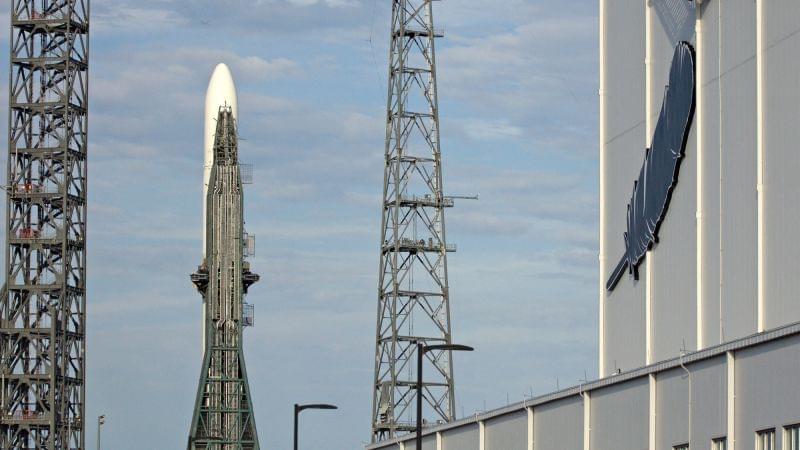
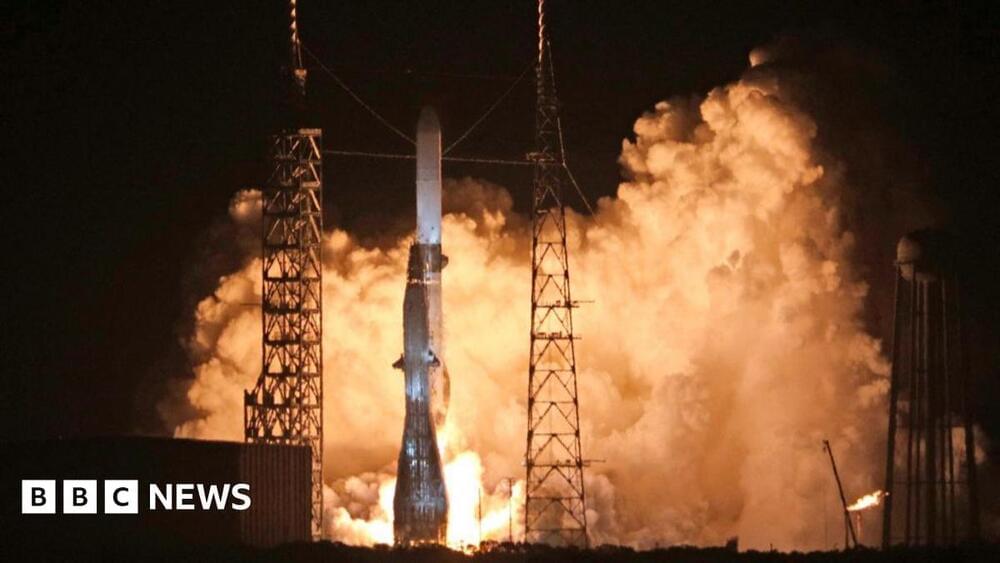
Jeff Bezos is back in the (astro) picture= hooray! [ https://www.bbc.co.uk/news/articles/cx24eg7z7zgo](https://www.bbc.co.uk/news/articles/cx24eg7z7zgo)
Amazon founder Jeff Bezos’s space company has blasted its first rocket into orbit in a bid to challenge the dominance of Elon Musk’s SpaceX.
The New Glenn rocket launched from Cape Canaveral Space Force Station in Florida at 02:02 local time (07:02 GMT).
It firmly pits the world’s two richest men against each other in a commercial space race, vying to fly bigger and more powerful rockets.
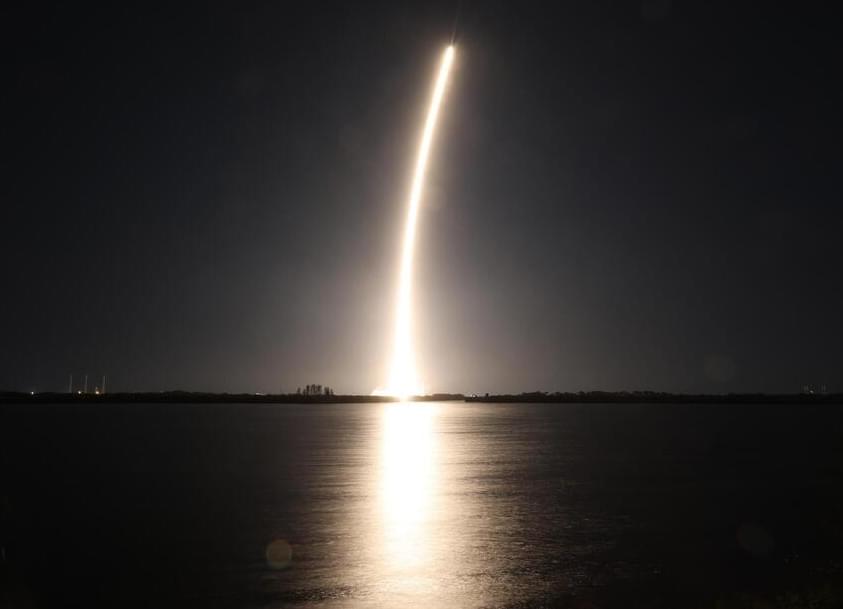
In a groundbreaking effort to enhance lunar exploration, NASA
NASA, the National Aeronautics and Space Administration, is the United States government agency responsible for the nation’s civilian space program and for aeronautics and aerospace research. Established in 1958 by the National Aeronautics and Space Act, NASA has led the U.S. in space exploration efforts, including the Apollo moon-landing missions, the Skylab space station, and the Space Shuttle program.